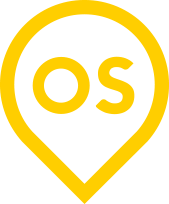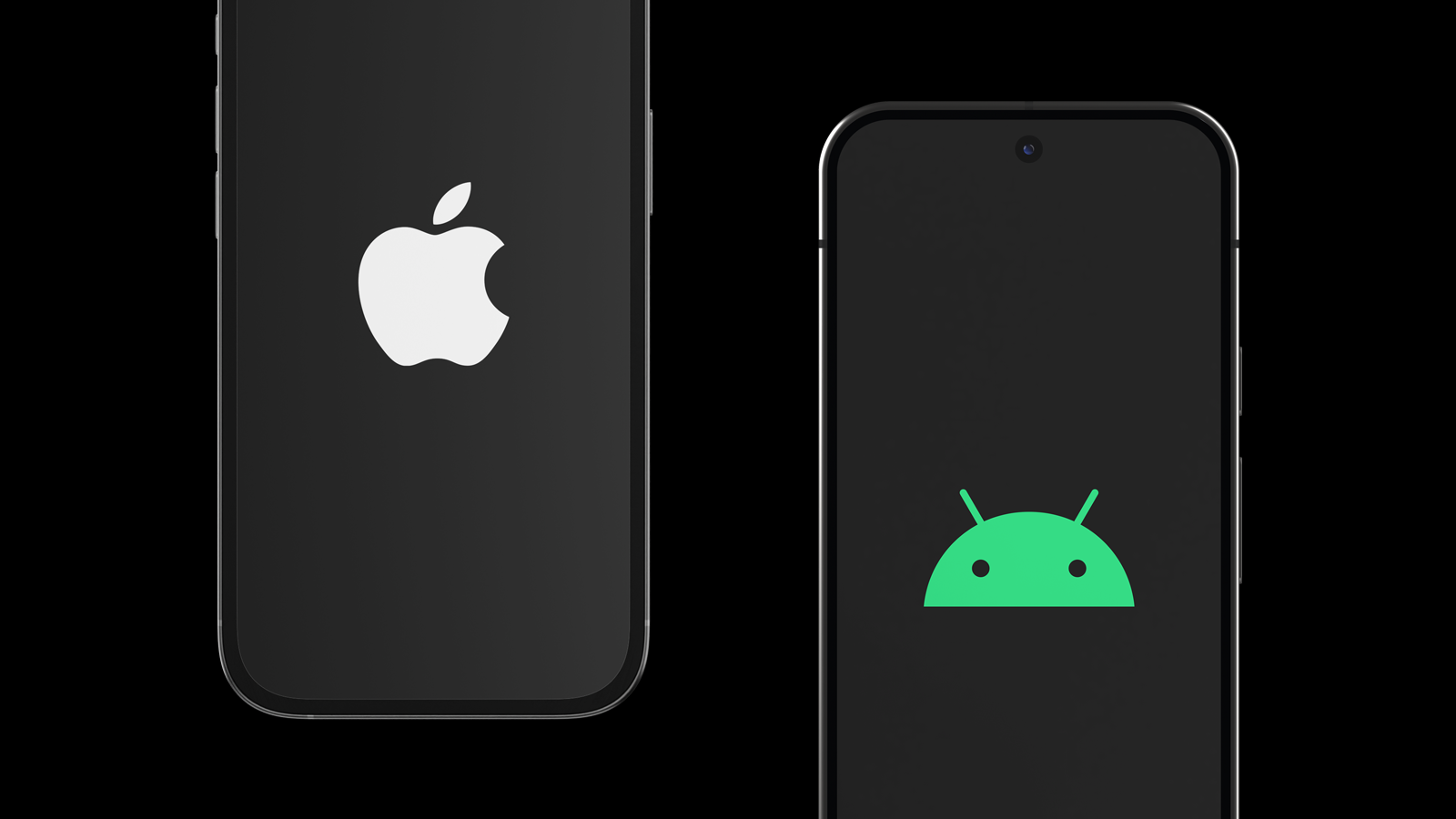Kotlin Multiplatform for Cross-Platform Mobile Development
And Why Companies Should Consider It
Streamlining app development has become more important than ever. Many teams, including ours at Outside Source, have seen cross-platform mobile development become increasingly popular. Among the various frameworks available to make this possible, one stands out to us as the top choice: Kotlin Multiplatform.
What is Kotlin Multiplatform (KMP)?
Kotlin Multiplatform is a product of the Kotlin programming language that enables developers to share code across multiple platforms; specifically Android, iOS, desktop, and web. One of the key differentiators of Kotlin Multiplatform is that it allows developers to share as much or as little of their code as they like whether it be UI, Logic, or Data services.
Benefits of Kotlin Multiplatform
Code Reusability
Kotlin Multiplatform enables developers to write common business logic, network operations, UI, and data storage code once and share it across platforms. This significantly reduces development time and effort while ensuring consistency in core functionality.Native Performance
Unlike React Native and Flutter that utilize other languages or translation layers, Kotlin Multiplatform allows you to compile to the platform’s native languages. Kotlin Multiplatform can also share UI via Compose Multiplatform, which while not native UI, still boasts native-like performance.Interoperability
Kotlin Multiplatform seamlessly integrates with existing codebases. Developers can adopt it gradually without needing to rewrite the entire app, making it ideal for enhancing legacy projects or introducing cross-platform capabilities incrementally.Strong Ecosystem
Backed by JetBrains, Kotlin is a mature language with excellent tooling and an active community. Kotlin Multiplatform benefits from this robust ecosystem, including features like IntelliJ IDEA integration, thorough documentation, and continuous updates.Reduced Maintenance Costs
By consolidating core logic into a shared codebase, companies can simplify updates, fix bugs, and introduce new features more efficiently. This reduces long-term maintenance costs and accelerates development cycles.Enhanced Collaboration
Kotlin Multiplatform allows all teams to contribute to the common business logic and/or UI logic. That will, in turn, allow each platform team to focus on polishing the platform integration for their respective platforms. This division of labor fosters collaboration and improves the overall quality of the app.
Real-World Use Cases
Several companies have successfully leveraged Kotlin Multiplatform for their projects, including:
Netflix: Uses Kotlin Multiplatform to share code for features like data parsing and caching across platforms.
VMware: Adopted Kotlin Multiplatform to streamline the development of their enterprise apps.
Quizlet: Reduced duplication and improved development efficiency by sharing core logic across their Android and iOS apps.
Challenges to Consider
While Kotlin Multiplatform offers many benefits, it's essential to be aware of potential challenges:
Learning Curve: Teams unfamiliar with Kotlin or Multiplatform concepts may need time to adapt.
Maturity: While rapidly evolving, some libraries and tools in the Kotlin Multiplatform ecosystem may not be as mature as those in more established frameworks.
Platform-Specific Code: Developers still need to write platform-specific code, which may require expertise in both Android and iOS development.
Is Kotlin Multiplatform Right for Your Company?
Kotlin Multiplatform is an excellent choice if:
Your app involves complex business logic that can be shared across platforms.
You want to achieve native performance without duplicating effort.
Your team has existing Kotlin expertise or is open to adopting it.
You're seeking a scalable, flexible solution for cross-platform development.
However, if your team is more familiar with web technologies, Flutter or React Native might be more suitable.
The Future of Kotlin Multiplatform
As the demand for cross-platform solutions grows, Kotlin Multiplatform is poised to become a dominant force in mobile development. JetBrains' commitment to the language and its tools means that it will continue to evolve and address the needs of developers and businesses alike.
Conclusion
Kotlin Multiplatform offers a balanced approach to cross-platform mobile development, combining the efficiency of shared logic with the performance and flexibility of native development. By leveraging its capabilities, companies can create high-quality, maintainable apps that meet the demands of today’s diverse user base. For organizations looking to future-proof their development strategy, Kotlin Multiplatform is undoubtedly worth exploring.

